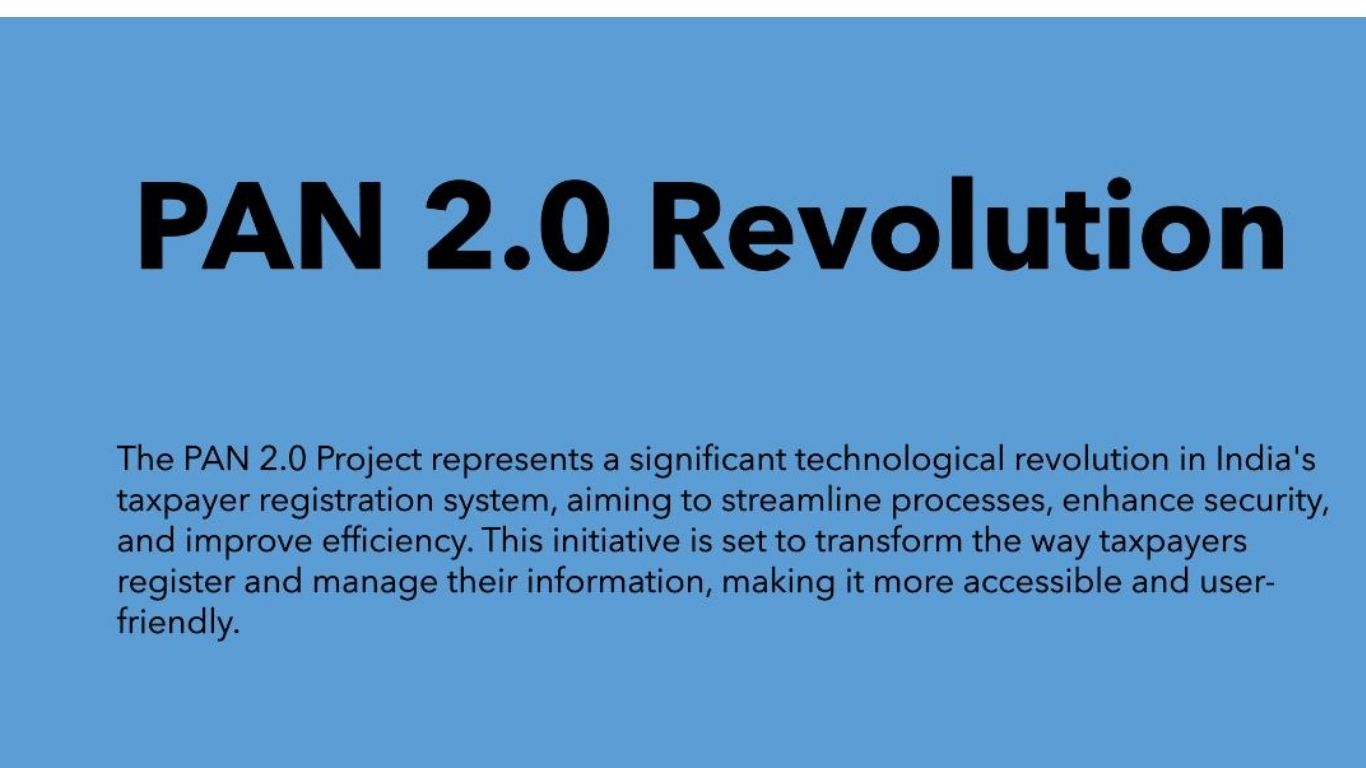The Power of the Vote: How Electoral Participation Shapes Democracy
In modern society, the right to vote is often hailed as one of the cornerstones of democratic governance. It is not merely a civic duty; it is an expression of individual agency and collective power. When citizens engage in the electoral process, they wield significant influence over the direction of their government, the policies that govern their lives, and the broader socio-economic landscape of their communities. The intricate relationship between electoral participation and democracy underscores the fundamental tenets of freedom, equality, and justice.
Historical Context: The Evolution of Voting Rights
The right to vote has undergone significant transformation throughout history. Initially, voting was limited to property-owning males, systematically excluding women, the working class, and racial minorities. Major movements—including women’s suffrage in the early 20th century and the civil rights movement in the 1960s—challenged these restrictions and sought to expand electoral participation. Legislation like the Voting Rights Act of 1965 was instrumental in dismantling systemic barriers, striving to create a more inclusive democracy.
Understanding the historical struggles and sacrifices made to secure voting rights amplifies the importance of participation today. Each vote symbolizes not only an individual opinion but also a tribute to those who fought tirelessly for representation.
The Mechanics of Democracy: Representation and Accountability
Electoral participation is the lifeblood of a functioning democracy. Voter turnout directly impacts the legitimacy of elected officials and government institutions. When turnout is high, officials gain a clearer mandate from their constituents, ensuring that policies align more closely with the electorate’s needs and desires. Conversely, low participation can result in a government that fails to reflect the population it serves, fostering disillusionment and apathy.
Moreover, engaged citizens hold representatives accountable. In an era rife with misinformation and political polarization, informed voters become crucial agents for change. They scrutinize policies, challenge the status quo, and demand transparency from their leaders. As civic engagement thrives, so too does the potential for progressive discourse and reform.
The Role of Education and Access
Access to education and information plays a critical role in fostering electoral participation. Civic education empowers individuals to understand their rights, the electoral process, and the significance of their vote. Initiatives that aim to increase voter literacy can demystify the complexities of ballot measures, candidates’ positions, and the implications of governmental decisions.
Bridging the accessibility gap is equally important. Structural barriers—such as complicated voter registration procedures, restrictive ID laws, and limited access to polling places—can disenfranchise entire communities. Advocacy for inclusive policies, like same-day registration and expanded early voting options, aims to dismantle these obstacles, ensuring that every voice is heard.
The Ripple Effects of Voter Participation
The implications of high electoral participation extend beyond mere governance. Engaged citizens are more likely to be involved in their communities, contributing to local non-profits, attending town halls, and advocating for social causes. The civic muscle developed through voting can lead to greater public engagement and societal change, fostering environments where individuals feel empowered to address pressing issues, from climate change to economic inequality.
Additionally, electoral participation can have profound implications on public policy. When diverse populations engage in the political process, their unique needs and perspectives are more likely to be reflected in the legislation. This enhances social equity and justice, addressing historical marginalization while creating a government that truly represents its constituents.
Challenges to Electoral Participation
Despite the vital role of voting in shaping democracy, barriers to participation persist. Political apathy, disillusionment with the electoral system, and a lack of representation can deter citizens from casting their ballots. Additionally, emerging threats such as voter suppression tactics and misinformation campaigns further complicate the landscape.
Combatting these challenges requires a multi-faceted approach: grassroots mobilization, leveraging technology to facilitate voter engagement, and promoting civic responsibility through education. It is essential to create a political culture that not only encourages participation but celebrates it as a vital element of democracy.
Conclusion: Every Vote Counts
In conclusion, the power of the vote cannot be overstated. Electoral participation shapes democracy by fostering representation, facilitating accountability, and empowering citizens. As history has shown, the right to vote is a privilege that demands active participation. Every election is an opportunity to voice opinions, advocate for change, and respect the sacrifices made by those who fought for this right.
To preserve and strengthen democratic ideals, it is incumbent upon each citizen to engage in the electoral process. By doing so, we honor the democratic legacy, ensuring that every vote truly counts. Whether through voting, advocating for policy changes, or educating others, each individual contributes to the collective strength of democracy, fostering a vibrant society where every voice matters.















